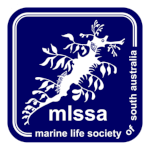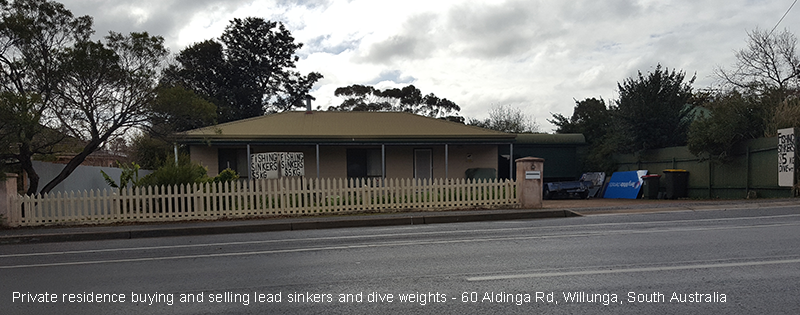Divers and snorkelers often come across discarded or entangled fishing gear underwater. Unsurprisingly, the problem is most pronounced around rocky points or jetty structures where people regularly fish. Responsible divers do the right thing, and where practical, cut loose and bring ashore any gear they encounter… though one must be careful not to pierce one’s neoprene gloves, wetsuits (or worse: exposed fingers) in the process.
Lost fishing gear regularly encountered by divers and snorkelers may include hooks, lines, sinkers, floats, rope and crab nets… though I did on one occasion recover a complete rod and reel from beneath a metropolitan jetty. There’s only so much a diver or snorkeler can carry too… so taking a catch bag with you to reclaim debris is a habit worth forming. Other tools one might find near fishing spots are knives and scissors… the can prove to be immediately useful for anyone who doesn’t religiously wear a dive knife of their own.
Avoid landfill disposal – reuse, recycle or trade
Once the debris has been landed, the question of what to do it emerges. Disposing of it via general waste bins should be avoided if possible. Obviously if you fish, or have friends who do, you can simply reuse or pass the salvaged gear on. If you recover tangled nylon fishing line, and you’re lucky enough to have a TAngler bin nearby, you can drop it in there for recycling. As of 2016, there were over 300 of them in place in Queensland, New South Wales and Victoria. I’m not aware of any in South Australia. You can read more about TAngler bins thanks to Ocean Watch Australia. They first started popping up in New South Wales in 2006. You can see an example below.
Then there are the fishing sinkers. These are typically made of lead, which is pretty useful stuff for fishers and divers alike. Sadly, divers can’t easily use lead fishing sinkers for ballast, as they are usually too small or oddly shaped. While some dive clubs or shops may smelt lead and recast it as dive weights, there’s only one place I’m aware of that publicly advertises the service, and it’s on the main drag as you head into Willunga from the west.
Lily and her husband collect, trade and smelt lead into various molds (including several dive weight designs) at #60 Aldinga Road, Willunga (the premises pictured in the masthead photograph). I called in there recently, and Lilly showed me their impressive collection of sinkers and dive weights, and told me that her husband buys them by the kilogram. This should be welcome news to anyone who’s been squirreling away lost sinkers and is wondering what to do with them!
Better than than, he has the tools and ability to smelt lead for you, and recast recovered fishing sinkers into useful ingots for storing in the pockets of weight belts, or casting as larger 1.3 kilogram weights for threading onto pull-through fabric weight belts. I don’t know what hours Lilly and her husband keep there at Willunga, but next time you passing through, why not dispense with some of your recovered lead, or trade it for some more dive-friendly forms?
How could we further reduce potential impacts to marine life?
A few years ago, I suggested in conversation to a friend that another way of tackling the fishing debris problem would be to create an app (or better still, add a feature to an existing one) that could allow fishers to make a report when they lose tackle, tools or become impossibly snagged at a particular location. The report could contain the location and time of the incident, and the nature of the debris. This information could then be provided (anonymously, of course) to groups with in-water clean up competency, like the Marine Life Society of South Australia or Sea Shepherd. Those organisations could then respond by removing the debris quickly, thereby minimising the time that it spends in the water where marine life is at risk of entanglement.

